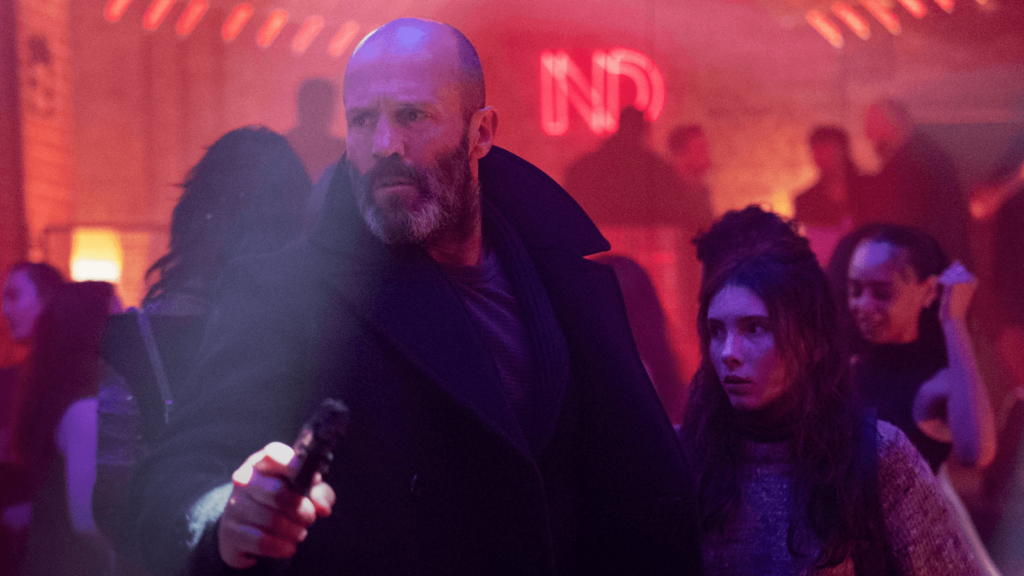The Enforcer

Rich Hathaway has a military buzz cut, a bull-rider belt buckle and a sociopathic prosecutorial style.
He has one of those faces that people call mugs. He wears two kinds of dress shoes, both of them cowboy boots — one pair light, the other dark. And he owns some of the world’s most hideous sport coats, double-breasted affairs with calico-burlap origins.
For two weeks, Hathaway put on a display of all of the above while successfully prosecuting Topeka banker Del Weidner and his codefendant, former Westar Energy CEO David Wittig, at the Robert Dole Federal Courthouse in Kansas City, Kansas.
Hathaway, who speaks legalese with a drawl and carries himself with a rancher’s swagger, convinced jurors that Weidner had approved a $1.5 million bank loan to Wittig knowing that Wittig would loan the money back to Weidner for a real estate deal in Scottsdale, Arizona, and that both men had concealed the transaction from bank officials and the federal government. On July 14, after more than eight hours of deliberating over two days, the jury returned guilty verdicts for every charge Hathaway sought against the two white-collar defendants.
The case might have been a yawn if it hadn’t been for Wittig’s behavior while heading Westar, formerly Western Resources, the largest utility company in Kansas. Now the subject of a 370-page investigative report released by Westar, Wittig’s alleged extravagances while heading the now-ailing company are too numerous to list here.
Essentially, Wittig scarfed down a massive compensation package (approximately $4 million a year in salary and stock) as well as huge bonuses ($5.4 million in 1999) and flew pretty much anywhere he wanted on company jets — all while Westar debt ballooned, stock plummeted and utility rates soared.
Oh, and there was some illegal stuff, too, such as the loan between Weidner and Wittig. For his part, Wittig may face more criminal charges depending on the results of an ongoing grand jury investigation into his conduct while leading Westar.
The task of prosecuting the two men, both University of Kansas graduates, fell to Hathaway, a veteran lawyer whose caustic, disciplinarian demeanor seemed the perfect model for a John Grisham character.
Thirty years ago, Hathaway graduated from law school and took a job as a prosecutor in Reno County, Kansas. He joined the U.S. Attorney’s office two years later, working there for three years before taking a private-sector job from 1978 to 1985. After that, he returned to the U.S. Attorney’s office, specializing in “complex litigation” — often white-collar crime — and earning the honorific title of senior litigation counsel.
Colleagues praise Hathaway for his experience and ability to present complicated cases to juries, but those who’ve been the target of his work no doubt remember him for his courtroom persona — a cross between purveyor of justice and unyielding combatant. In the Wittig trial, Hathaway managed to keep things interesting despite a case based almost entirely on internal bank documents. He did this, at least in part, by:
· Dismissing Weidner’s pretrial guilty pleas on two counts of bank fraud — each carrying a possible prison term of thirty years — as “tactical.”
· Accusing his own witness, developer Michael Earl (whose plan for a ritzy Scottsdale subdivision inspired Weidner to seek the $1.5 million loan), of lying on the stand and then charging defense attorney Pedro Irigonegaray with instructing Earl to do so.
· Repeatedly berating a teary-eyed Weidner for lying about the $1.5 million loan during an exhaustive cross-examination in which he also accused Irigonegaray and his colleagues of using hand signals to coach the browbeaten banker through his testimony.
“Are you keeping track of the number of people you’ve lied to with respect to this loan transaction?” Hathaway asked sardonically at one point.
“No,” Weidner said.
Later, Hathaway scoffed at the banker’s claim that it was his assistant who had actually sent the $1.5 million wire. With his arms spread out at his sides, Hathaway countered with a two-word Socratic response.
“So what?” he asked.
“Your attitude doesn’t surprise me,” Weidner whimpered.
“What possible difference does that make in exonerating you?” Hathaway continued, daring the banker to make a coherent argument.
“I think the facts speak for themselves,” Weidner said.
“Oh, I do, too.”
In contrast to the wealth of information incriminating Weidner, Hathaway relied solely on circumstantial evidence in his case against Wittig. During his closing statement, the prosecutor told jurors that for Wittig to be found guilty of conspiracy, he needed to know only that Weidner was concealing the loan. And, he said, “Wittig knew everything.”
But Wittig’s defense attorney, veteran white-collar-crime lawyer Jim Eisenbrandt, calls that inaccurate, saying that Hathaway needed to prove that Wittig took an active role in hiding the loan from bank officers and the federal government.
Throughout the trial, Wittig’s defense team insisted he knew nothing about Weidner’s transgressions and had agreed to the loan because it would net him $100,000 in interest. None of Hathaway’s witnesses testified to having any direct knowledge of Wittig’s involvement in the cover-up.
“It’s kind of interesting that, in the government’s opening statement, we heard Mr. Wittig’s name mentioned more times than in the past two weeks on the witness stand,” Eisenbrandt said in his closing remarks.
But Hathaway persisted in linking the personal loan between Wittig and Weidner to a $20 million bank loan Wittig wanted Capital City Bank to approve for a group of Westar executives. The agreement, Hathaway said, was that Wittig would make the personal loan if Weidner greased the wheels for the Westar arrangement (a deal that never took place).
Both Eisenbrandt and Irigonegaray took swings at Hathaway in their closing statements, casting the steely prosecutor as a CEO-thirsty headhunter and, in one curious analogy, comparing the prosecutor’s zeal to the banker’s misguided ambition.
“He wants David Wittig like Del [Weidner] wanted that loan,” Irigonegaray said of Hathaway.
Jurors didn’t buy that argument — or, if they did, they served Wittig to Hathaway anyway. Both defendants now face as many as 135 years in prison, though it’s unlikely either man will serve anywhere near that long.
When the jury returned its verdict, reporters scrambled for Hathaway’s victory speech. But the surly prosecutor waved them off. Instead, he directed questions to his bosses at the U.S. Attorney’s office.
“Generally, in complex litigation, the key to success is preparation and organization,” says Jim Flory, U.S. Attorney for Kansas. “And [Hathaway] adds to that a very solid courtroom demeanor.”
Asked to elaborate on that “demeanor,” Flory just laughs. “You saw him, didn’t you?”




